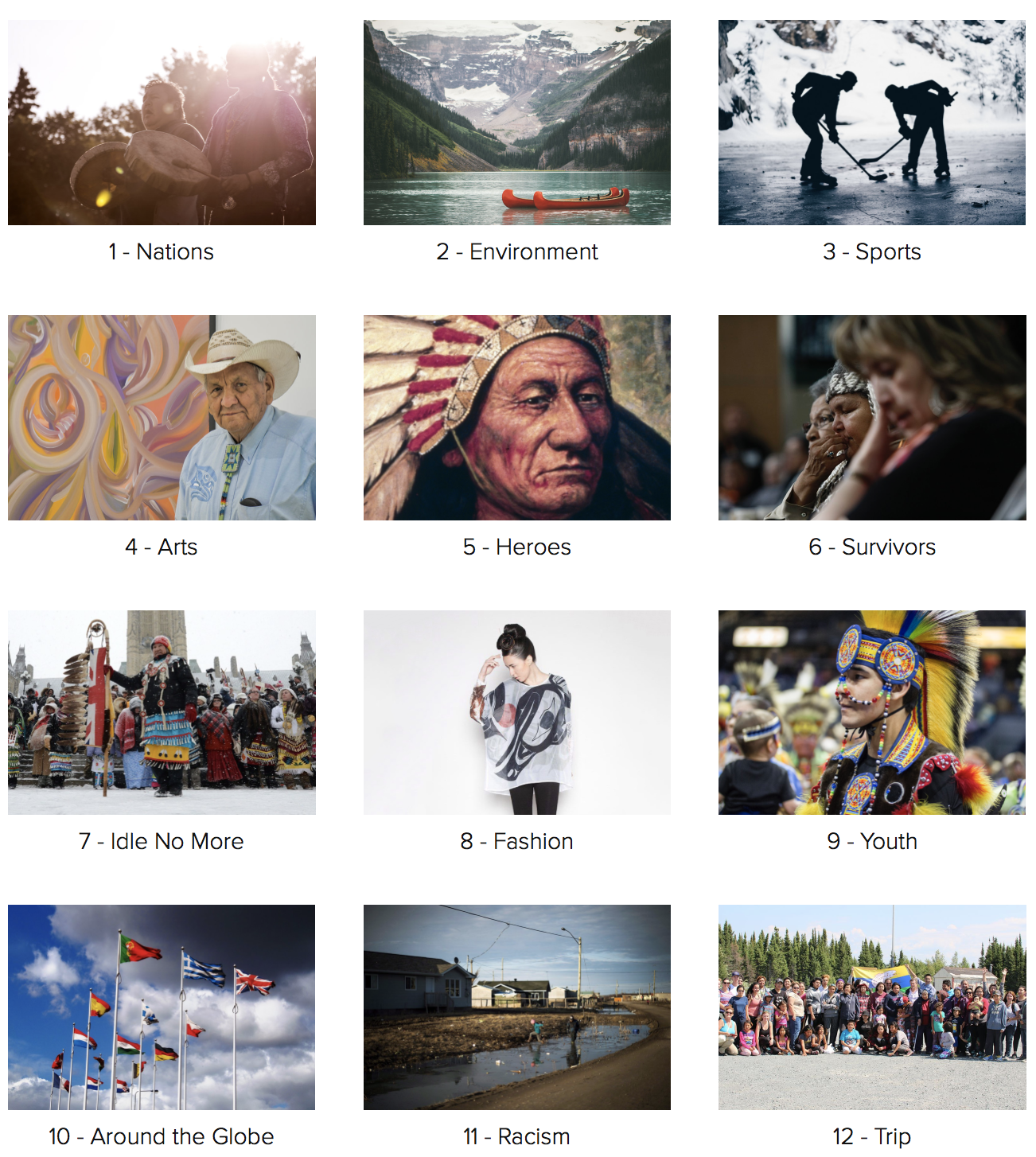module 7
Indigenous Relations:
This module examines methods and protocols needed for working effectively with Indigenous Peoples. We will focus on the knowledge non-Indigenous individuals and organizations must possess to ensure a respectful nation-to-nation relationship.
Learning Objectives:
In this module we will identify certain appropriate terms and protocols when working with Indigenous Peoples.
Explore how non-Indigenous individuals and organizations might improve their interactions with Indigenous Peoples
Examine the implementation of the 'TRC Calls to Action' in your workplace.
Slideshow:
INDIGENOUS RELATIONS
Please find below two options to view the following SlideShow. One of these two viewing options should work for you based on browser and technical requirements. Please contact our technical team if you experience any difficulty.
Watch Short Video clip:
Reconciliation on Bay St.
Produced on the heels of the Truth and Reconciliation Commission’s (TRC) final report, Reconciliation on Bay St. is the first film on economic reconciliation in Canada. While the TRC’s Call to Action #92 invites Corporate Canada to adopt the principles of reconciliation, Indigenous leaders pave the way forward towards finding concrete solutions that can help fuel economic growth and benefit the entire country. The short film features Indigenous and non-Indigenous leaders sharing their insights and a hopeful glimpse at a respectful and prosperous future.
Duration: 4:09 min.
Module Quiz
To complete Module 7: Take the quiz (4 questions)
Deepen your knowledge on the theme of ‘Indigenous Relations’ in the workplace and in the education sector. Below watch more videos from our bonus video library on reconciliation and the education sector from this suggested playlist here below:
Suggested Viewing: ‘Reconciliation on Bay St.’ (full-length documentary) and ‘Indigenous in the Classroom: Quinn Meawasige’. The first film relates to ‘Call to Action #92’ which invites the private sector to reconciliation The second video is a short example of the importance of instilling a climate of reconciliation within education institutions. In the next module, you will learn about reconciliation in the education sector and lessons which can be brought in the workplace from Charlene Bearhead who was the Education Lead for the Truth & Reconciliation Commission and is a world-renowned speaker on the topic. Below you can also access the student portals for themes of reconciliation which you can share with your family or the young people who may be co-op students or interns at your organization.
Reconciliation in the workplace & economic reconciliation:
Watch the full documentary film, Reconciliation on Bay St. (30:00 min.) here below and learn about economic reconciliation and Calls to Action that relate to the workplace. The short film features Indigenous and non-Indigenous leaders sharing their insights and a hopeful glimpse at a respectful and prosperous future.
Duration: 30:00 min.
Reconciliation in the education sector:
INDIGENOUS IN THE CLASSROOM
Reflections on racism and reconciliation from University student, Quinn Meawasige, Serpent Lake First Nations. This video demonstrates why it is important for everyone in the education workplace to learn about truth & reconciliation to improve the relationship with Indigenous Peoples in the organization and in the classroom, regardless of the student’s age
Duration: 7:13 min.
In addition to this workplace unit, there are two other ‘4 Seasons of Reconciliation’ units: a week-long unit for grade 10 history classrooms and another 5 hrs. unit for the Post-Secondary classroom. Below you can meet the Indigenous Advisory Circle for these projects, take a drone visit of the First Nations University of Canada and hear directly from educators on the positive impact of these resources in their classrooms. (Length: 4:47 min. & 2:13 min.)
Student reconciliation portal to share with your children (or co-op students or interns in your workplace):
You can provide the below access to your children in secondary school or young people in your workplace. This concise student portal is part of the ‘4 Seasons of Reconciliation Secondary Unit’ and provides young people a multi-media online portal from which they can access themes of reconciliation from their own area of interest (for example, sports, art, fashion etc.). The portal takes them to online articles or videos related to their theme of interest. Students can also use this portal for citing sources in essays or homeworks in various subject courses.
You can visit this portal with them or provide them access here: https://www.reconciliationeducation.ca/student-portal-secondary
or click on portal image below:
Click button to watch more bonus content - or access this feature after you complete the unit.








